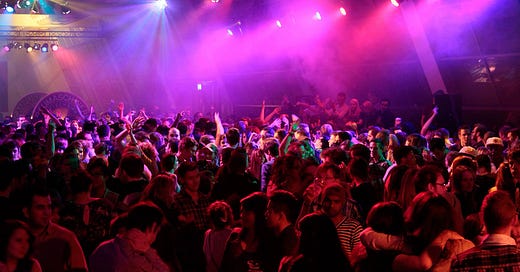Heaven, Hell, and Mensa
Futurism is about how present trends become future reality. The CTMU adjoins a complementary explanation of how the future shapes the present.
The following is an email exchange between me and someone who has frequently appeared on the email distributions in which I sometimes participate. He’s what they call a “futurist”, defined in the modern sense as a person who systematically explores long-term predictions regarding social trends and technological evolution while speculating on “possible futures”.
Futurism has evolved over the millennia. Among the earliest “futurists” were prophets, tribal mythologists, and religious eschatologists. Eventually, there were visionary authors like Jules Verne, HG Wells, Aldous Huxley, and George Orwell, today recognized as futurists even though the term was never applied to them in their own time. Later on, after the term came explicitly into use, its focus shifted to artistic, literary, and political movements which rejected tradition and embraced technological progress, revolutionary ideology, and social upheaval.



